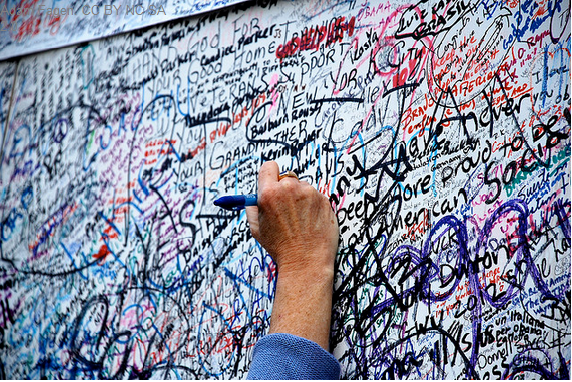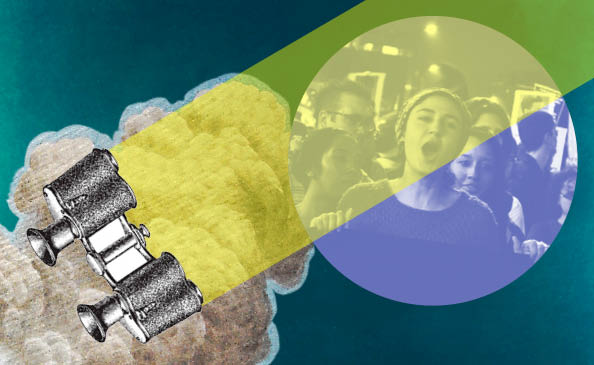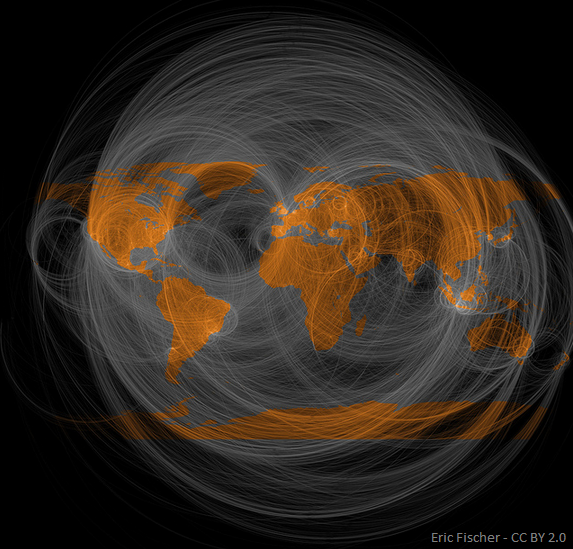“Nº12 06/2014”
Google, the Deep Web and the Right to Oblivion
by Digital Rights LAC on June 30, 2014

By Atilio Grimani * First of all, I must clarify that the purpose of this article is essayistic. In other words, its goal is to elicit an opinion from readers, be it in favor or against the tenets that I shall express below**. That said, and if the reader accepts, (…) Leer Artículo »
Activism and the Internet
by Digital Rights LAC on June 30, 2014

MIGUEL LAGO* “What you promote is couch-activism” This is a phrase that everyone who has used the Internet as a platform for civic mobilization has heard. The logic of it is interesting, and, at first glance, it seams to make sense. A click on its own does not reflect or (…) Leer Artículo »
Editing and forgetting: Reflections on the right to be forgotten and memory on the Internet
by Digital Rights LAC on June 30, 2014

Alexandre Pacheco da Silva* Mônica Steffen Guise Rosina** Typing your name in the Google search bar may not always be a pleasant experience. Through homonyms, pictures, profiles on social networks and news in the media, you might find yourself faced with information that makes you uncomfortable (e.g. those compromising photos (…) Leer Artículo »
Right to protest and policing in social networks
by Digital Rights LAC on June 30, 2014

Today, activists and police from around the region are faced with a new battleground: the social networks. While for some it is the most effective way of being organized, for others it is fertile ground for surveillance. By Francisco Vera Paz Peña, Digital Rights NGO. At the time of writing, (…) Leer Artículo »
Civil society’s role in the Internet Governance debate
by Digital Rights LAC on June 30, 2014

By Amalia Toledo* A couple of months ago I had the opportunity to organize and moderate a panel discussion at the Online Freedom Coalition (FOC) conference, which took place in Tallinn, Estonia, from 28 to 29 April 2014. The panel “Experiences of Civil Society to nurture the international debate on (…) Leer Artículo »





